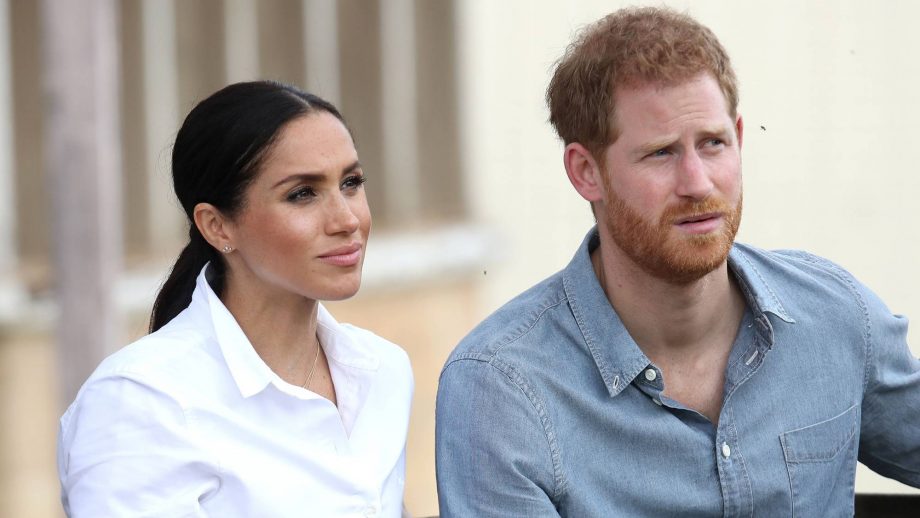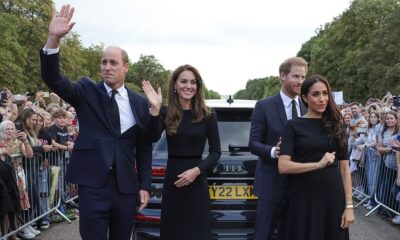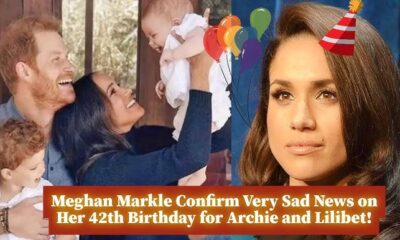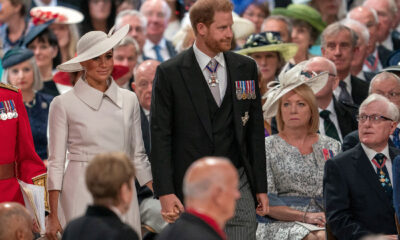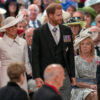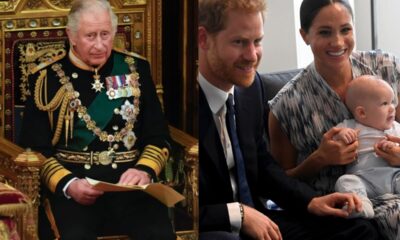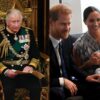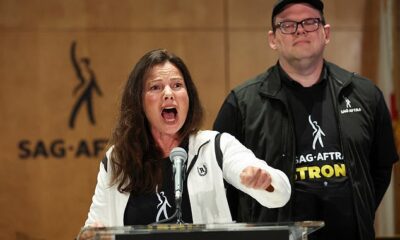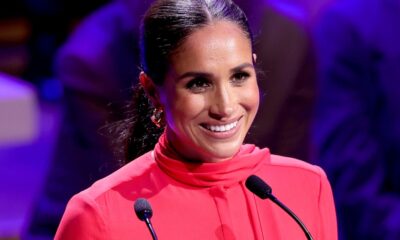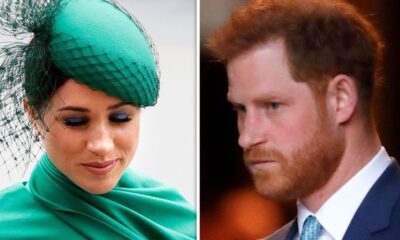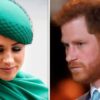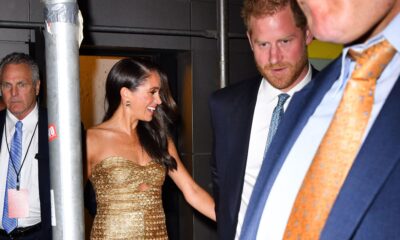Meghan Markle and Prince Harry Will Never Be As Interesting As They Are Now
It's possible to hold two different opinions on why Meghan and Harry sat for their CBS Sunday night interview with Oprah Winfrey without sounding illogical. The pair had a long list of valid grievances against their families and the scathing British tabloid press, not to mention the bigoted portrayal of Meghan by others, and they decided to air those grievances to the best of their ability. Having recently signed a “megawatt” production deal with Netflix and a separate deal with Spotify last year, they needed to introduce their digital media brand in a way that would flatter and publicize them while also shaming their detractors, even if it did reveal their weaknesses.
It would be an understatement to suggest that the couple's picture needed some work. According to a December YouGov poll, nearly 70% of respondents said they were “not very interested” or “not interested at all” in Meghan and Harry.
Men and women expressed equal levels of interest when asked about their interests, indicating that it wasn't a case of one sex expressing apathy. It wasn't just the United States that abandoned them. Meghan and Harry's weighted favorability has been on the decline for a long time, according to a new YouGov survey in the United Kingdom. Except for Andrew, who is in the sub-sub-basement of favorability, the other Windsors have not seen such a dramatic decrease in favorability.
What better way to revive the couple's reputation than a CBS special hosted by Winfrey and broadcast after the highly rated 60 Minutes? The media buildup to the broadcast, the showstopper nature of Winfrey's questions, and some ultra-suspicious reveals, such as reports about Meghan's suicidal ideation, Charles not answering Harry's calls, and family questions about their baby's skin tone, all came together to generate event-scale ratings. About 17.1 million people watched, which is higher than the average NFL game attendance during the peak season of 2019. Public relations experts all over the world must be pondering how Harry, a regular guy who happened to be born into a famous family, and Meghan, who rose to B-list fame by breaking into Hollywood (no simple feat), turned themselves into international celebrities with such little resources.
Monarchy detractors will have you believe that “royal” families are marrow-sucking parasites on the public purse. And they'd be right. The Windsors, who are the poster children for parasitismbelieve ancestry and divine endorsement gives them an automatic right to an opulent life and deference from commoners. We should probably award Meghan and Harry an attagirl and attaboy for ditching “The Firm,” the common nickname for the “royal” family, and setting out on their own to make a living through production deals. The taxpayers who had to foot the bill for Meghan and Harry's lavish lifestyle were the losers. The media viewers who watch their films and listen to their podcasts will be paying participants in the first season of Meghan and Harry's Liberation.
However, the media face by which the two can now communicate with the rest of the world is not completely new to them. Instead of “the Firm” pulling the puppet strings on their bodies, they would yank them themselves as they transform from human products of a corporation that markets their lives to human products that they regulate. It's just the same unscripted material in a different environment. The most important change is how they've excluded the Windsors from profit participation and taken full ownership of image creation.
Meghan and Harry's publicity and autonomy issues have not been solved despite their breaking free from family and tradition and taking their act to the international stage. Before their novelty wears off, they'll have to deliver great content for Netflix and Spotify to remain commercially relevant. That isn't an easy job. They'll be up against some of the world's most talented filmmakers and podcasters, and producing content out of thin air won't be easy. Even Steven Spielberg, the greatest mass entertainer of our day, cannot always deliver what the audience wants. In addition, neither Meghan nor Harry have any experience with media production. They wouldn't have gotten a meeting with a Netflix flunky, let alone a contract, if it weren't for their connections with the “royals.”
Trending:
The ones they created by leaving the Buckingham Palace cocoon for La La Land are the couple's most durable properties. For example, this season, the couple plays aggrieved and sympathetic “royals” in exile, self-proclaimed underdogs who want to prove to the world that they can be media moguls. However, as Bob Dylan, David Bowie, Madonna, and others have shown, an entertainer cannot live under one persona for too long. The audience shows a desire for more of the entertainer's work, but they just want something fresh and unique. Picking battles with the Windsors and suing the British tabloids will not keep their novelty alive indefinitely.
To keep viewers engaged, Meghan and Harry will need to re-create several facets of the British world they've just left if they don't create astonishingly good media. For starters, they'll need a relentless stream of villains to battle, new causes to champion, new heroes to team up with, and new personal surprises to uncork. It's a never-ending, draining loop.
We have to wish Meghan and Harry luck in their brave one-way departure from the Windsor family. But has anybody warned them that they've just swapped one cruel plot for another that's even crueler? The Meghan and Harry biopic would be a very filmable tale, but one has to wonder if the filmmakers will have the vision to capture it.
Top stories:

